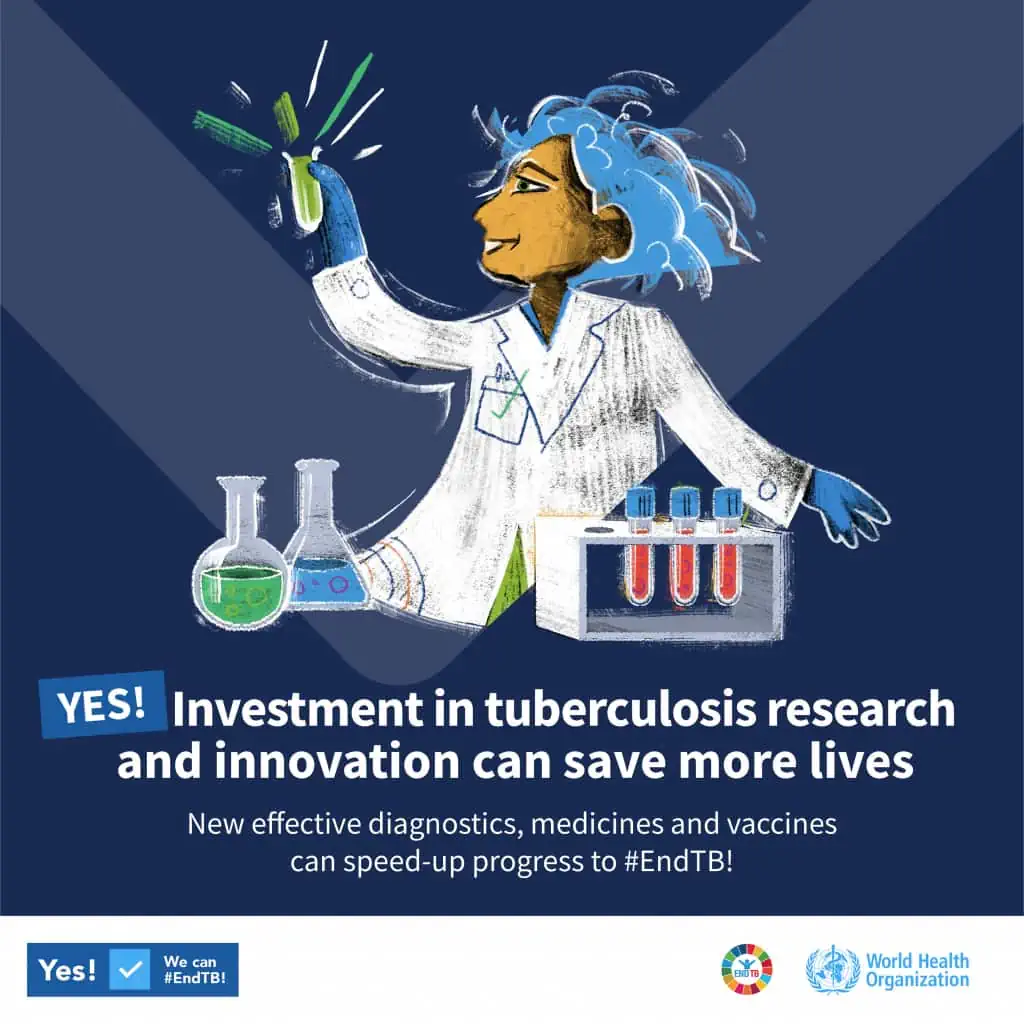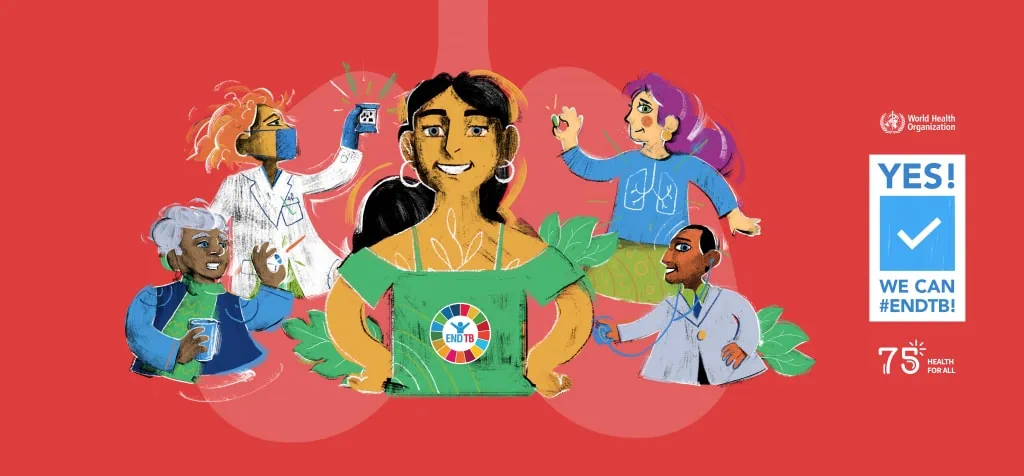Blog
Ending tuberculosis by 2030: Are we close?
According to the United Nations’ Sustainable Development Goals (SDGs), the target to reach a 90% reduction in Tuberculosis (TB) deaths around the world is 2030. Global efforts have saved 74 million lives since 2000 and are continuing to do so with the decisive actions being taken by all the countries involved. Every year, the 24th of March is recognized as World Tuberculosis Day to educate people around the world about the impact of the disease.
Tuberculosis is a disease caused by Mycobacterium Tuberculosis, an airborne pathogen that mostly affects the lungs but can also attack other parts of the human body such as the kidneys, brain, and spine. It can affect people from all age groups and geographies, but half of all people with TB can be found in just 8 countries: Bangladesh, China, India, Indonesia, Nigeria, Pakistan, Philippines and South Africa. Even though the disease is preventable and curable, it affected 10.6 million people in 2021 of which 1.6 million succumbed to the disease. According to the WHO recommendations, the disease should be diagnosed using rapid molecular diagnostic tests. Some other diagnostic tools would include sputum smear microscopy and chest X-rays.
In most cases, a tuberculosis infection in a healthy individual would be inactive (this is known as the latent phase infection) but can progress to cause a potentially fatal disease if the immune system weakens for any reason. Therefore, people with a compromised immune system such as those living with HIV, diabetes, or at risk of malnutrition have a higher risk of falling ill. People with latent infection should be treated to prevent the possible development of the disease, but the treatment should only start after excluding the possibility of an active infection, as the treatments employed are different.
In certain cases, people are infected with a drug-resistant strain of tuberculosis. This is caused by misuse and mismanagement of the drugs used to treat TB. Drug-resistant strains are more difficult to treat and can lead to life-threatening results if not handled properly.
Presently, Bacille Calmette-Guérin (BCG) is the only approved vaccine for TB which is given to infants and small children in countries with a high prevalence of tuberculosis. It effectively protects children from the most severe forms of TB but does not protect adolescents and adults, who account for most of the transmissions. Therefore, developing new TB vaccines is a priority for the WHO to achieve the “end TB” goal. Interestingly, an investigational tuberculosis vaccine candidate was found to be significantly effective against the disease in the trial phase conducted in Kenya and Zambia, making it a potential vaccine in the future.

The research and innovation in the prevention and treatment of TB are of immense importance and are facilitated with high-quality medical-grade equipment. The presence of a reliable medical cold chain is very important for the vaccine development process. Every step of vaccine development has specific temperature requirements, from creating an effective vaccine candidate to ensuring that it is administered under the correct conditions. We can ensure efficient control of the spread of the disease only if we are sure that the vaccines in the field are effective and completely potent, something that is at great risk if the temperature requirements of the vaccines are not always respected.
In addition to the vaccine refrigerators that can reliably store vaccines for the long term, transport boxes can support the vaccination outreach in even remote areas where irregular power supplies can be problematic for keeping the vaccines safe.



